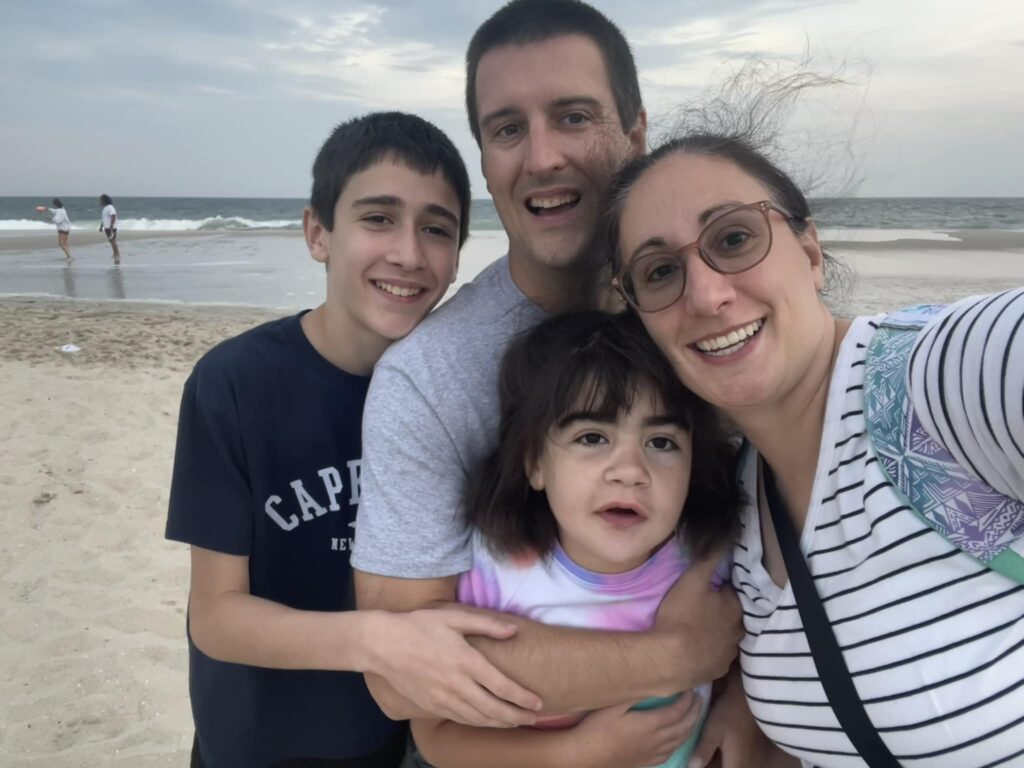Sanfilippo Syndrome Clinical Care Guidelines
Team Sanfilippo Foundation believes that compassion is essential and knowledge is power. That’s why we are committed to helping parents and physicians navigate the complex medical journey of this syndrome with clarity, support, and the latest in clinical guidance.
Sanfilippo Syndrome is not just one condition—it’s a whole-body disorder with progressive neurological symptoms. Clinical care must be dynamic, proactive, and collaborative, affecting multiple organ systems over time. Understanding how this illness affects the body and brain can help families and the care team manage it effectively. Though no cure currently exists, there are ways to improve the quality of life, reduce suffering, and extend meaningful time with your child. Good care makes a real difference.

Core Principles of Sanfilippo Care
Whole-child approach
Sanfilippo Syndrome affects the brain, behavior, sleep, digestion, movement, and more. Having a treatment can help address different or all aspects of a child’s well-being.
Proactive symptom management
Early detection and consistent monitoring are key to relieving the discomfort experienced by children. Waiting for symptoms to worsen can reduce effectiveness.
Multidisciplinary coordination
Families benefit most when care is coordinated across specialists, including neurologists, geneticists, gastroenterologists, therapists, and palliative care teams.
Respect for family values
No two children diagnosed with Sanfilippo are the same. Clinical care should align with the goals, cultural values, and emotional needs of the family.
Neurological & Behavioral Support
Developmental Regression
Most children will gradually lose skills, such as speech, motor coordination, and self-care. Therapies can help preserve function as long as possible.
Seizures
Common in later stages; EEG monitoring may be needed. Seizure medications should be tailored to individual needs.
Behavioral Challenges
Hyperactivity, impulsivity, and autistic features are common. ABA therapy and sensory-based supports may help manage behaviors.
Palliative Neurology
Comfort becomes a key goal in later stages, with treatments focusing on pain control, seizure relief, and calming agitation.

